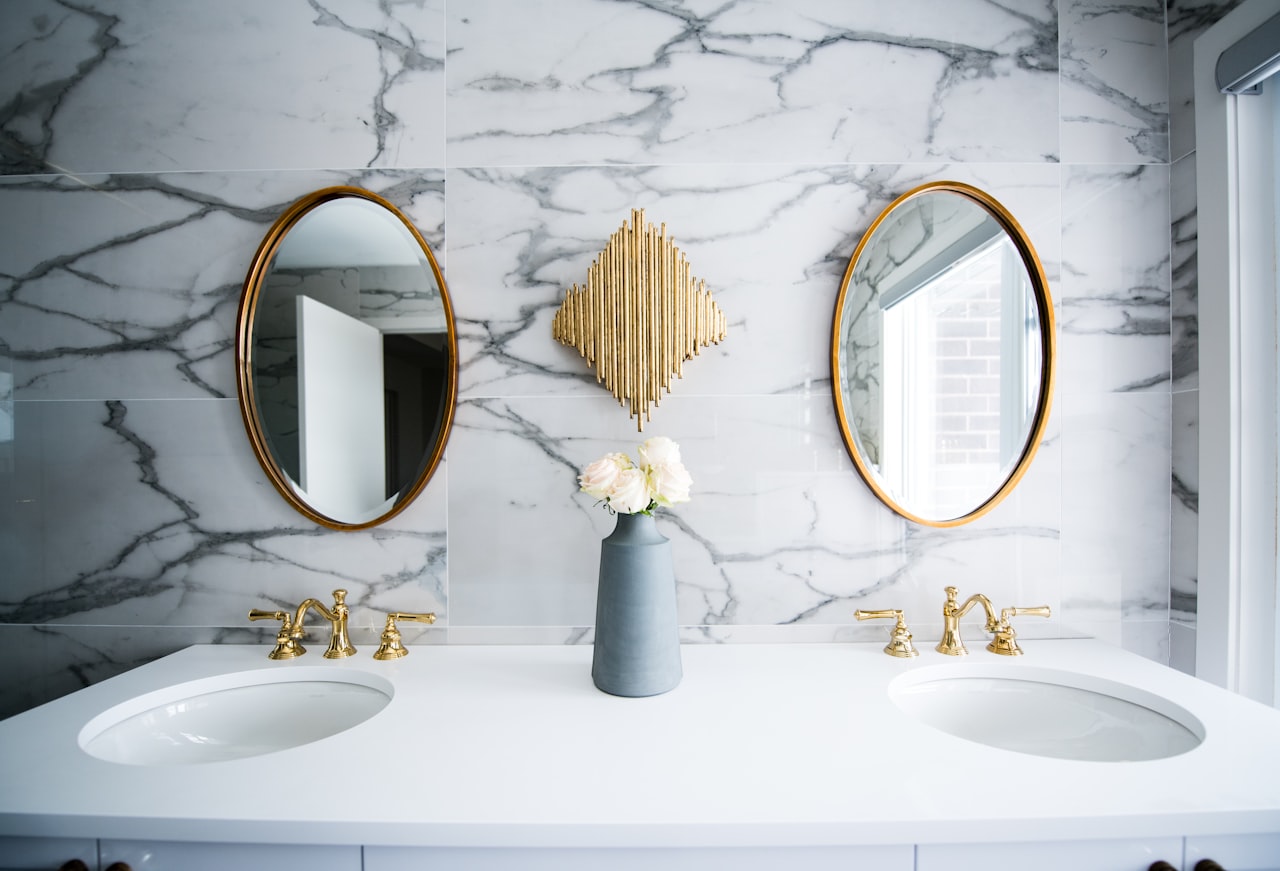
How Much is a House Worth?
Buyers Elise Wishlow March 2, 2024

Buyers Elise Wishlow March 2, 2024
This article provides a quick, easy home valuation process to help you decide what any property is worth to you.
Start by finding out what the online value estimators have to say. Their algorithms are getting better and better all the time.
The home valuation tool on this website uses dynamic valuation, which considers the usual factors, such as a property’s age, features, recent upgrades (according to tax records), lot size, and neighborhood.
It also leverages artificial intelligence (AI) and machine learning to detect changes in buyer sentiment and affordability—influenced by interest rates, changes in lifestyle, trends in inventory, and wages across local and national markets.
However, even with this advanced technology, there will be factors these formulas can’t take into account, including...
You can find this information in most states by searching online. However, there are 12 non-disclosure states in which the sales price of real property is not recorded and made available through public record. If you live in Alaska, Idaho, Kansas, Louisiana, Mississippi, Missouri (some counties), Montana, New Mexico, North Dakota, Texas, Utah, or Wyoming, you can ask your favorite REALTOR® (or the real estate agent selling the home) to send you the sales history for the property.
If a home has sold in the last one to three years, you can ascertain what it might be worth now by adding an estimated amount of capital growth since the sale.
Does the home have a brand-new kitchen? Plush new carpet? Is the quality better than average for the area? These updates will add value.
Conversely, if a home needs updating, that might lower the price compared to others in the area. Just don’t expect to deduct the full cost of the future renovations.
Often, a buyer will come through a dated home and say, “It’s a bit tired, it needs a new kitchen, a new bathroom, new carpet. So, we’ll take $100k off the price and offer X.” Real estate values simply don't work like that, though. If the current kitchen and bathroom are working, they have residual value.
If the current owner were to spend $100k on those same renovations, the home would be worth considerably more.
That's why you can’t expect to subtract your entire future renovation cost when determining market value.
What sort of income would this property yield if it was rented out?
If the rental appraisal is $500 per week and you think the property might sell for around $600k, that’s a 4.3% yield.
Yield formula: $500 (rent per week) x 52 (weeks per year) / $600k (purchase price) x 100 = 4.3%
Similar properties in the same area should sell with similar yields. Look at the numbers and ask, how does this yield compare to other properties on the market? How does it compare to other properties that have sold recently?
This information is not just for investors. Will the rent cover the mortgage payments if you want to travel overseas or if you suddenly need to move to a different city for work?
Comparing a property with recent similar sales is still the best way to estimate market value. Ask the agent you are working with for a list of similar homes that have sold in the last 6 months. The more recent, the better.
Have you seen those other houses? Can you drive past them, or at least look up photos online? How do they compare with the property you are looking at? Consider differences in land area, floor area and location, too. Not just condition.
Remember: there is no one price for any home. Every property is worth different amounts to different people, depending on their needs, motivations, and financial situation. With any property you are considering, start by deciding on a value range (e.g. $600k - $650k) and then determine your walk-away price, which is the maximum amount you are willing to pay in a competitive situation.
Now you are ready to make your offer.
The market has moved a lot over the past 12 months, so it's important you have accurate, up-to-date guidance. I can give you a sale price estimate and provide tips on where you might be able to add value to your home with minimal expense before going to market.
Call me today to book your free appraisal.
Stay up to date on the latest real estate trends.

Buyers/Sellers
Updates for the North End, North End Extended, and North End Non-Historic Areas

Buyers
For Buyers and Sellers in Idaho

Sellers
You Want an Agent with These Skills

Buyers
Invest Wisely and Age in Place

Buyers
East Boise's Not So Big House

Buyers
Come in Strong and Clean

Sellers
Preparing Your Home for Sale

Life
Where to Find Breakfast Food in Boise

Buyers
A Quick, Easy Home Valuation Process
Whether you’re ready to buy or sell now or want to know more about the local market, Elise would love to chat over the phone or a coffee! Contact her today!